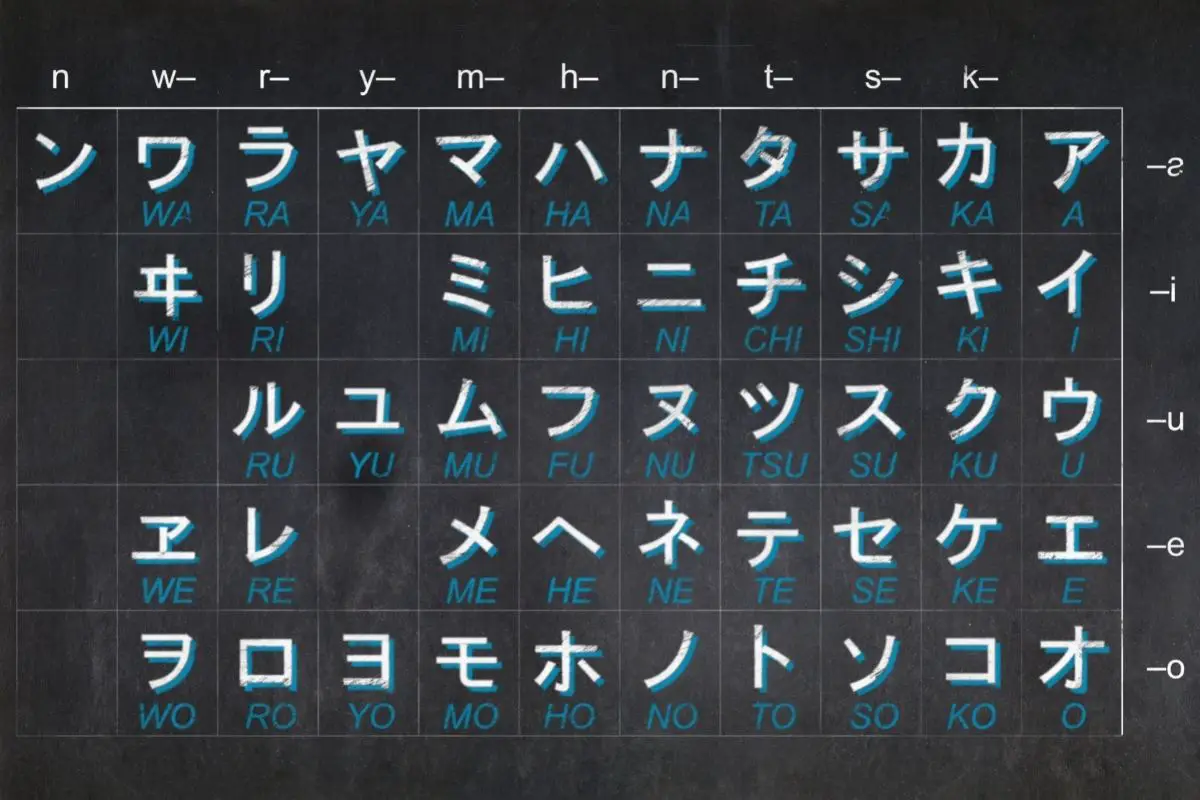English is one of the most spoken languages in the world, with many countries around the world speaking it as their main language.
As you travel, you may find that a lot of cultures communicate in English as their shared language, even if you are in Germany with Chinese people.

This is because English is seen as a helpful language to know, because of countries like the US and the UK.
Japan does not have a large English-speaking population, which is interesting in comparison to surrounding countries.
In this article, we will tell you about popular languages spoken in Japan, and the percentage of people who do speak English in Japan.
What are the Top Three Languages Spoken in Japan?
There are many native languages spoken in Japan, as well as foreign languages. The main language of Japan is Japanese, as well as regional languages such as Ryukyuan, Ainu, and Hachijō.
Korean is another language that is spoken in Japan, as well as English. English is the primary language of interaction with Western countries, due to the fact it is learned all over the world.
Dutch and Russian are also spoken in Japan.
How Hard is it to Learn Japanese?
Japanese is regarded as the most difficult language for native English speakers to learn, partially because it is so different to the English language, as well as the different (three) writing systems, alphabet, and pronunciation.
Japanese is known as being incredibly difficult because their alphabetical system is completely different from English, with only a few letters remaining the same.
What is the Hardest Language to Learn?
The hardest language to learn is supposedly Mandarin. Mandarin is largely spoken in parts of China and is spoken by over one billion people in the world.
It is hard to learn for native English speakers or European speakers due to the letters and numbers, as well as the pronunciation.
Mandarin, along with Japanese, has little to no recognizable letters for English speakers (see also ‘Do Japanese Read Right to Left?‘). It is a whole new alphabet to learn, hence why it usually takes over a year for people to have a basic understanding of the language.
What is the Easiest Language to Learn?
There is no universal easy language to learn because people have different capabilities and different native languages.
However, some easiest-rated languages to learn are known as Spanish, Italian, Danish, Swedish, Norwegian, and Portuguese.
These languages rely primarily on the Latin basics, so anyone who does not speak English or European languages may not find these languages easy to learn.
How Many People in Japan Speak English?
English is not a common language in Japan, with 30% of the Japanese population speaking English at its most basic level.
In Japan, it is estimated that between 8% and 2% of the population speak English fluently.
What Countries Speak Japanese?
It is mostly Japanese people who can speak Japanese, but the older population of the Philippines, China, Korea, and Taiwan tend to speak Japanese in some areas.
Japanese is a language that is spoken by 128 million people, mostly in Japan (see also ‘Is Japanese A Tonal Language?‘).
Do I Need to Speak Japanese to Live in Japan?
Working, living, and visiting Japan without speaking Japanese is difficult, yet not impossible.
Even though many Japanese people cannot speak English, in cities such as Tokyo and Kyoto, they will have the basic knowledge.

If you are traveling in rural areas, you will most likely be able to find designated English-speaking guides who will take you to these areas without a language barrier.
It is worth learning the language of the country that you choose to reside in, as it will give you an advantage in your personal and professional life.
What is the Most Spoken Language in the World?
English is the most spoken language in the world, with over 1.5 billion fluent speakers. English is one of the most, if not the most, dominant languages in the world.
Mandarin is the second most spoken language in the world, with Spanish being the third most spoken.
Languages such as French are widely spoken in Africa as well as France, and Spanish is spoken in the majority of South America, as well as parts of Europe and North Africa.
Why do Some Asian Countries Speak English?
Countries such as Singapore mostly speak English, with over 60% of Singaporeans speaking English as their first or second language.
Nepal, India, the Philippines, and Pakistan also recognize English as one of their main languages.
This is partly due to the English ruling over some of these countries, as well as the global dominating language being English.
What Jobs Can You Get in Japan Without Speaking Japanese?
As we said, it is recommended to learn some Japanese if you are going to live in Japan (see also ‘Best Places To Live In Japan‘). However, teaching English is the best way to get a job in Japan without any Japanese knowledge (see also, ‘Best Jobs in Japan‘).
There are also global corporations in Tokyo such as Google and Apple who will most likely be bilingual and speak fluent English. This is the same with most big corporations and businesses in Japan.
If the company is American or English, and they have a location in Japan, there is a high possibility that they will speak English to some degree.
How Many Tourists Go to Japan Every Year?
Japan is a pretty popular tourist destination (see also ‘Do Japanese Like American Tourists?‘), partly due to its bustling cities, as well as its mountainous terrain. In 2019, 31 million tourists visited Japan, making it one of the most visited countries in Asia, and the world.
Final Thoughts
Japan is a wonderful country with a variety of landscapes and environments. The Japanese do not speak English as fluently and well as some other countries, but they will sometimes have basic knowledge.
It is estimated that up to 8% of Japan speaks fluent English, which is less than ten million. This is a high number, but it is not compared to the population of the country.









